Baltic Sea Brief 66: This year’s advice baffles – allow herring recovery before increased fishing opportunities
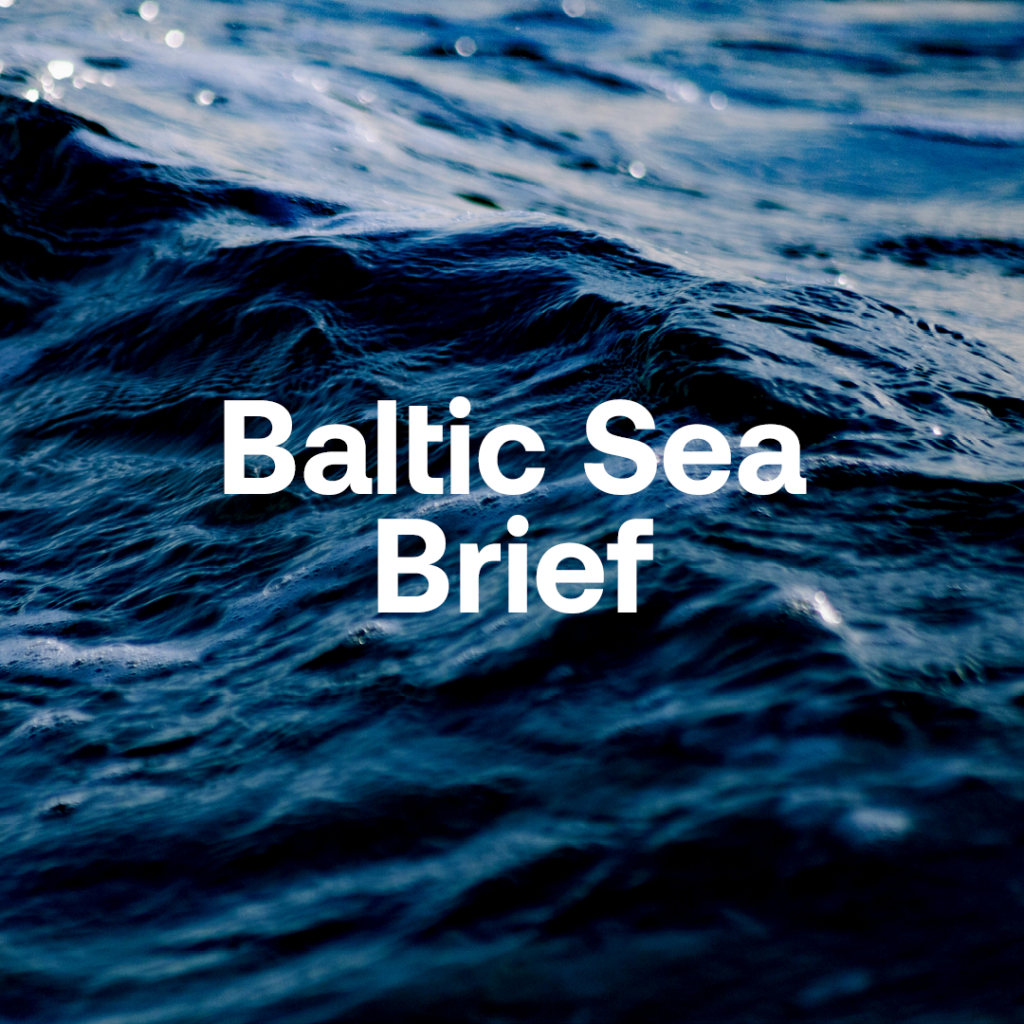
New analyses from the International Council for the Exploration of the Sea (ICES) show continued worrying trends for several commercial fish stocks in the Baltic Sea. Sprat recruitment has never been as low as in the last three years, cod shows no signs of recovery, while the advice for herring in the central Baltic is […]
Why is Baltic cod not recovering?
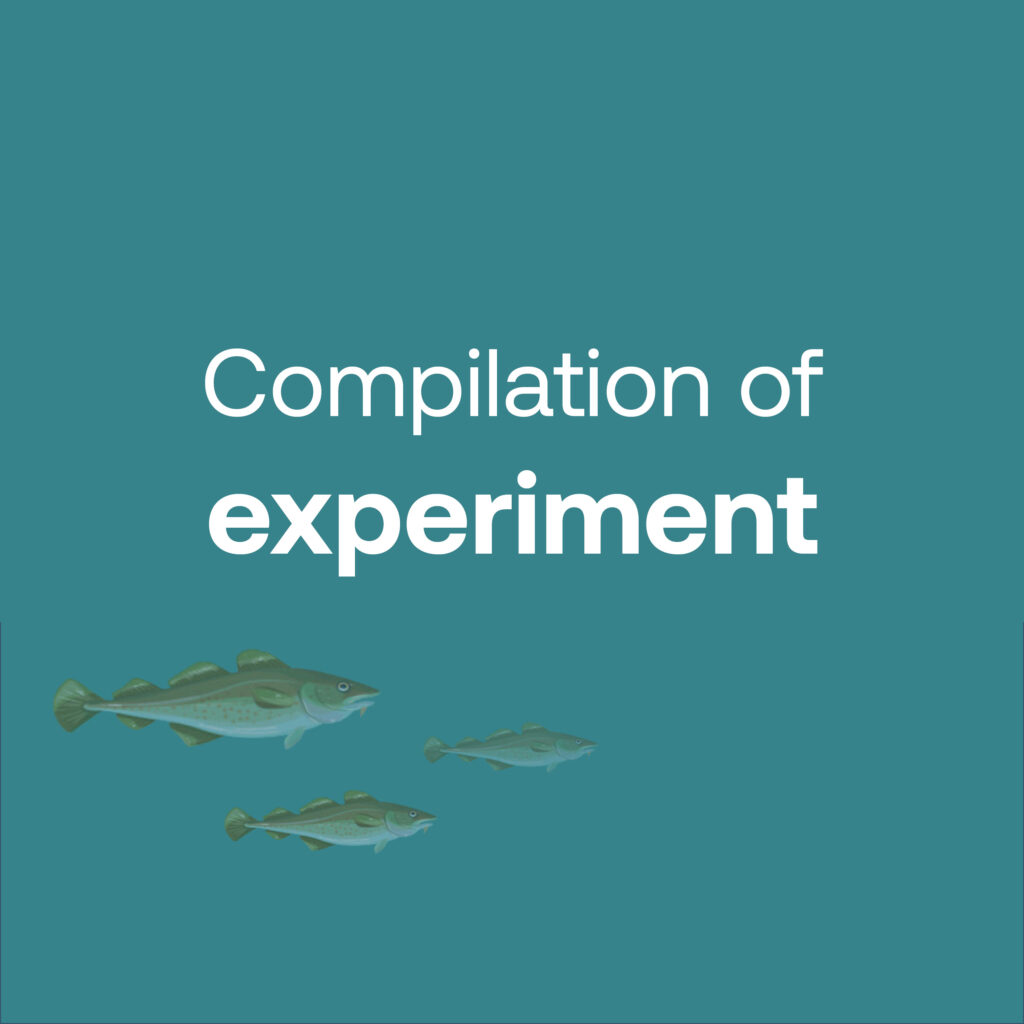
That is the question many have been asking since the cod fishery was halted in 2019 and the fish still show no signs of recovery. A feeding experiment conducted by BalticWaters, as part of the large-scale project ReCod – release of small cod in the Baltic Sea, suggests that there is a solution to the […]
Sustainable business models for small-scale coastal fisheries in the Baltic Sea
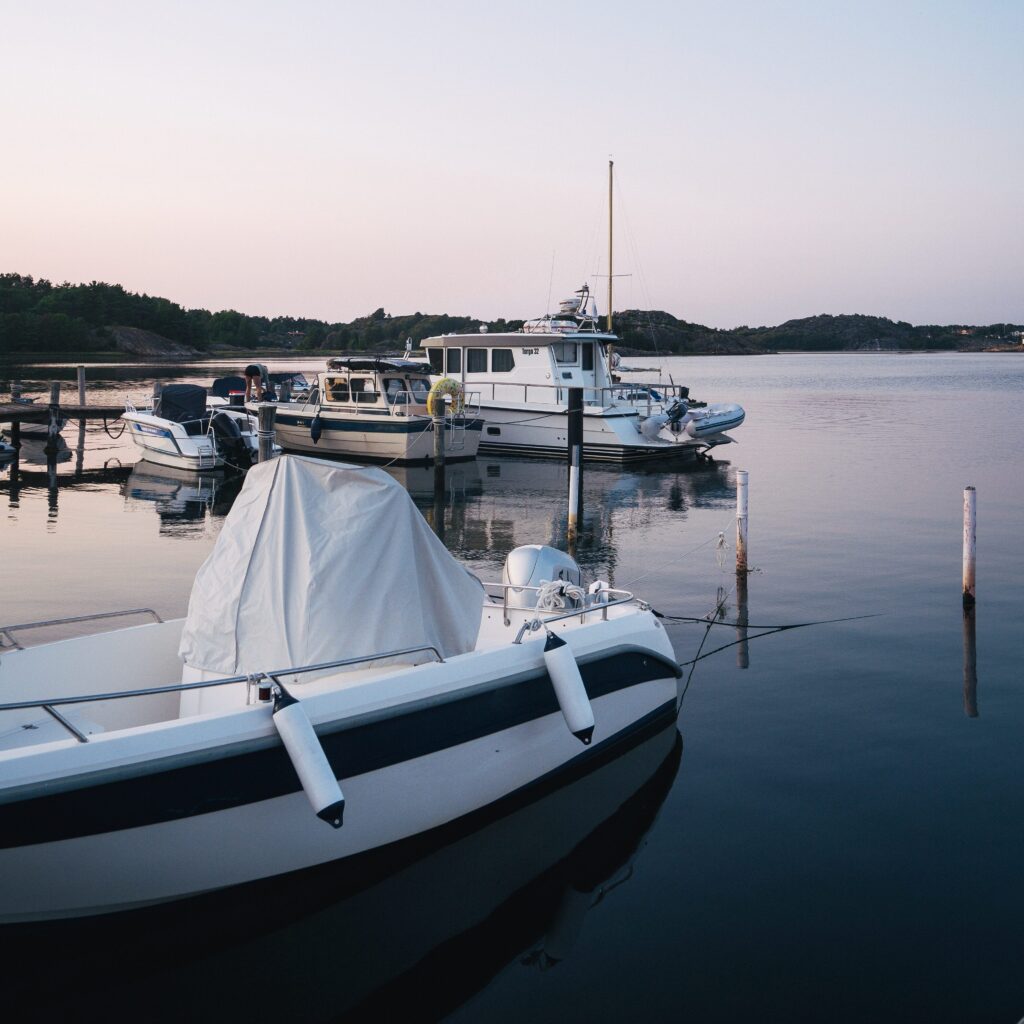
After decades of overfishing, several of the Baltic Sea’s commercial fish stocks are in crisis, and so is coastal fishing. With support from BalticWaters, Cecilia Solér will explore how management can create conditions for sustainable small-scale coastal fishing that can create added value for both the individual fisherman and society at large. Small-scale fisheries along […]
Deep dive: Biochar from animal manure attracts interest, but funding is needed
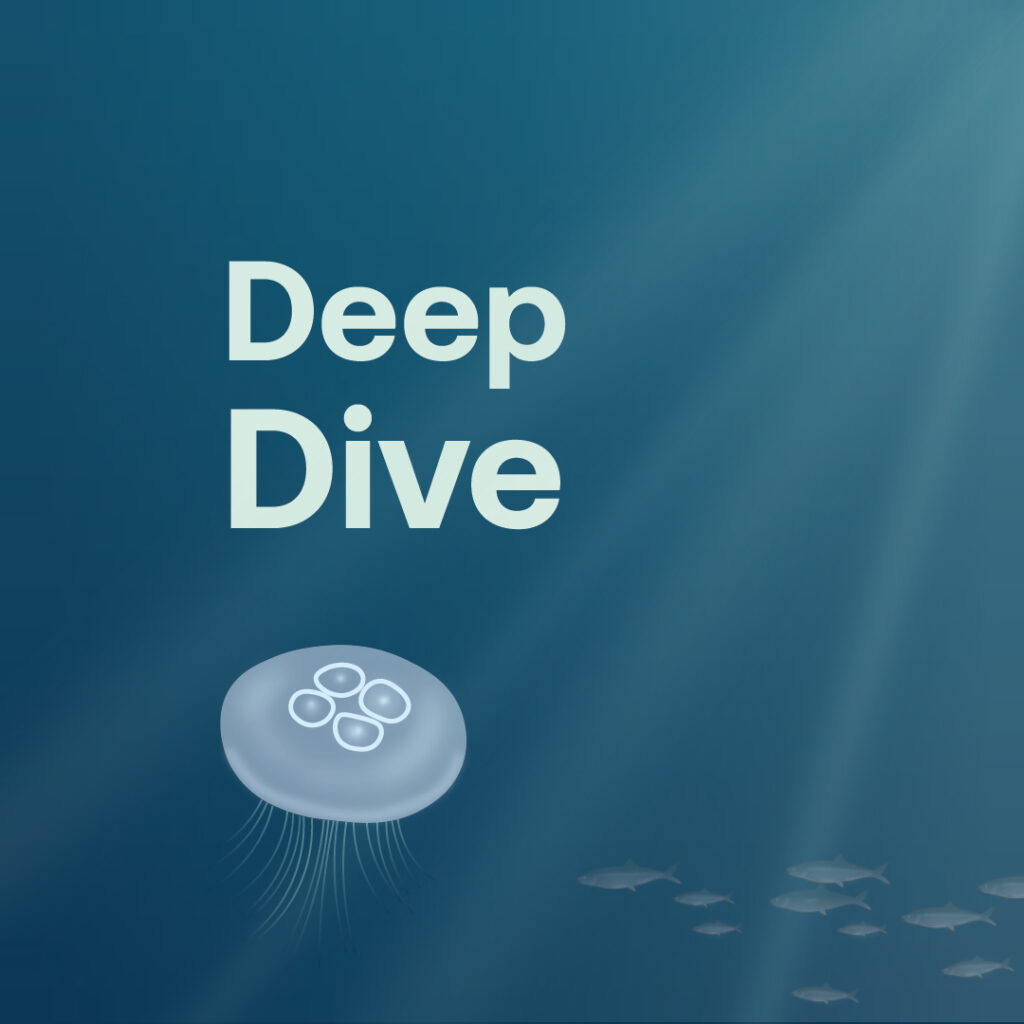
– Circular fertiliser also a preparedness issue for Sweden 22 million tonnes of animal manure are produced every year in Sweden. All of it is used on our fields, but not in a sufficiently resource-efficient way and access to animal manure is unevenly distributed in our country. As part of the Circular NP project, researchers […]
A unique funder of Baltic Sea research
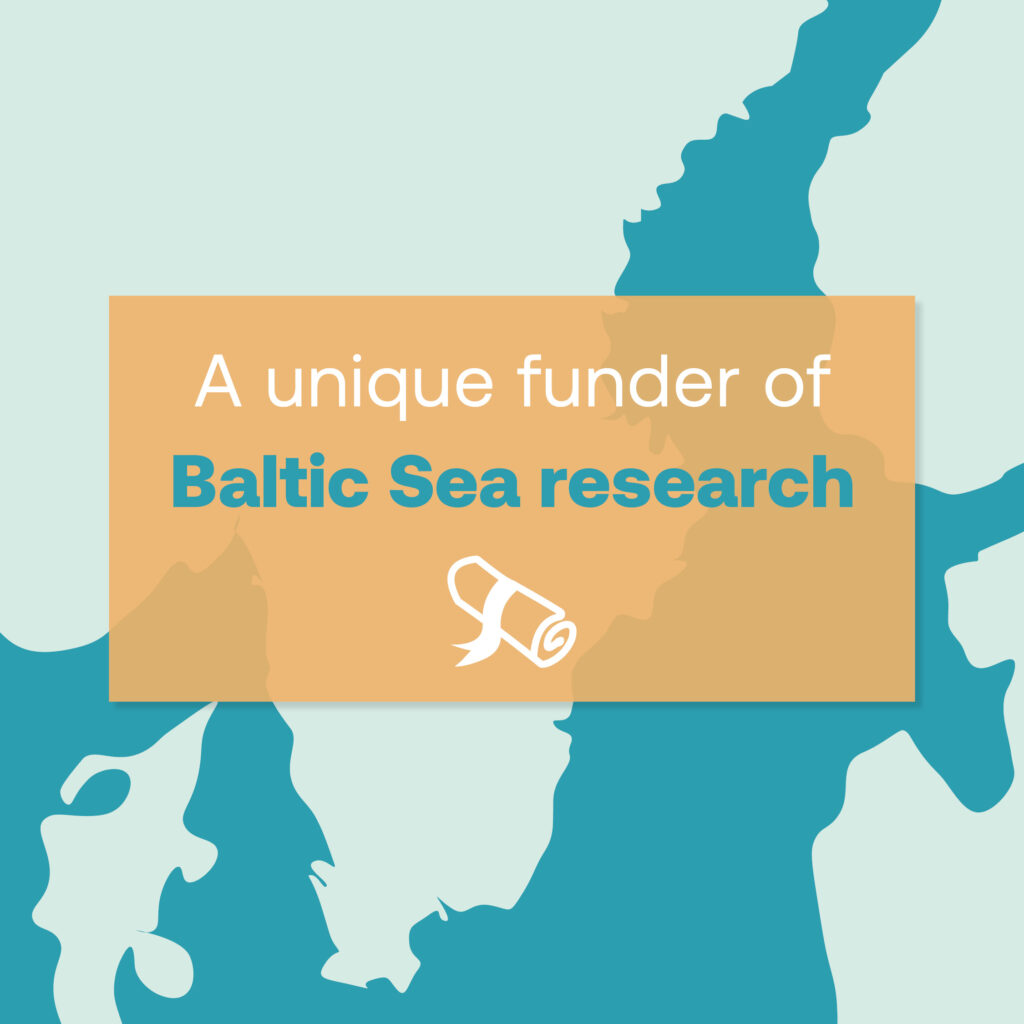
In a short time, BalticWaters has established itself as an important research funder in the field of marine environment. Through the Foundation’s two call programmes, almost SEK 12 million has been allocated to research for a healthy Baltic Sea since 2022. As a private actor, BalticWaters plays an important role in accelerating the accumulation of […]
The climate impact of bottom trawling in the Baltic Sea
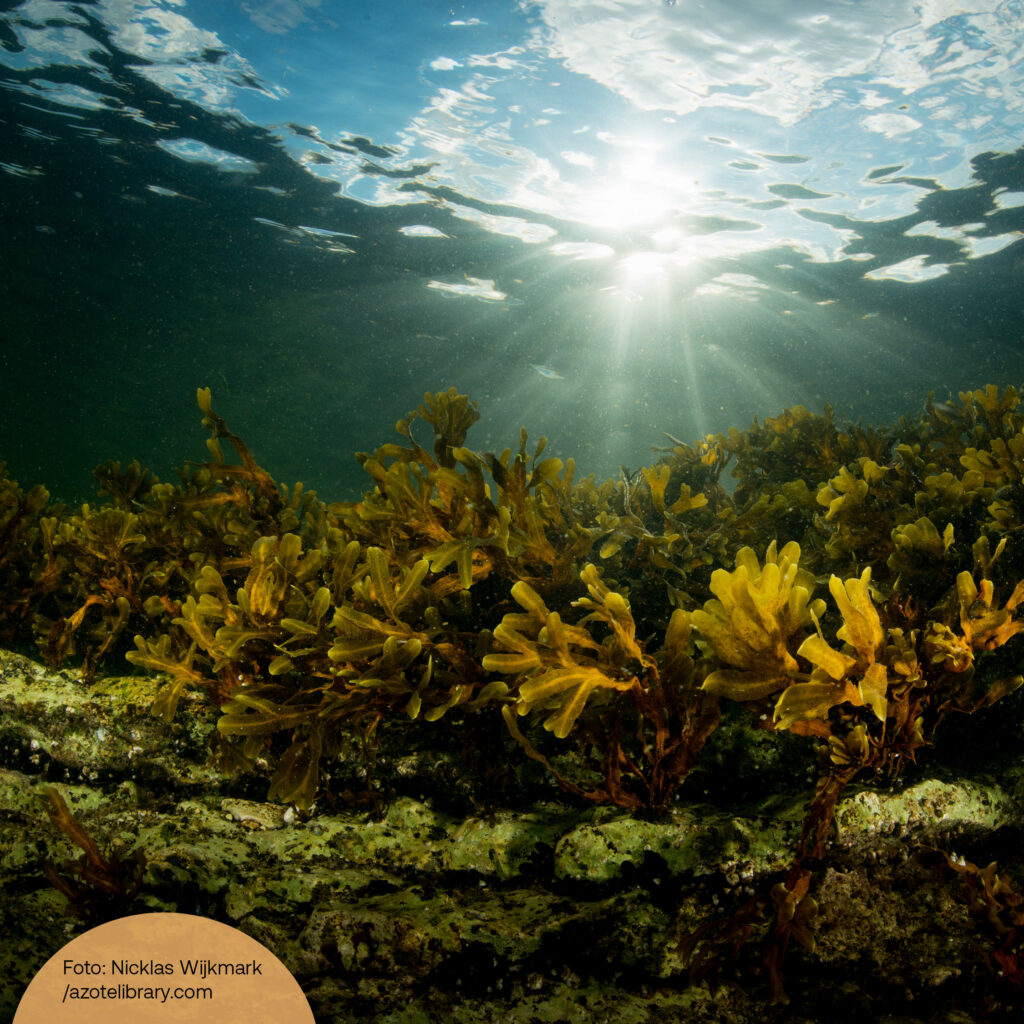
The capacity of forests to store carbon is well recognised. However, it’s less known that sedimentary seabeds in the Baltic Sea can serve as significant carbon sinks. At the same time, bottom trawling – a fishing method that has been compared to clear-cutting – can reduce carbon storage by stirring up and displacing sediment. In […]
New knowledge about Baltic cod
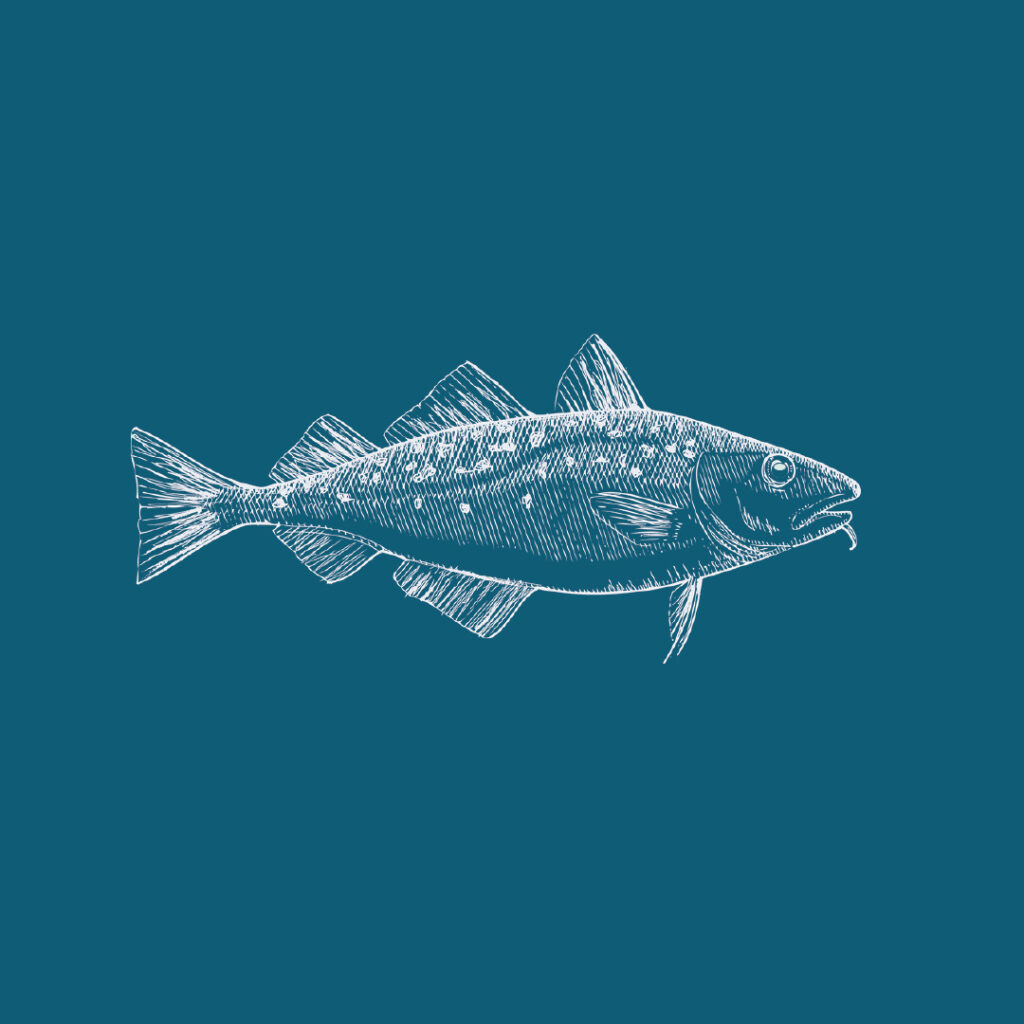
We have summarised ongoing and completed studies and research projects linked to ReCod – all with the aim of improving our understanding of cod.
Deep dive: How we got the current system for allocating fishing quotas – ITQ

The former Director General of the Swedish National Board of Fisheries 14 years after the introduction of ITQs: “I failed” – Today, the extension of individually transferable quotas for the bottom trawl fishery is being investigated Fourteen years ago, the system of individually transferable quotas (ITQs) was introduced for the Swedish pelagic fishery (fishing in […]
Researchers at the beginning of their careers – How has it gone?
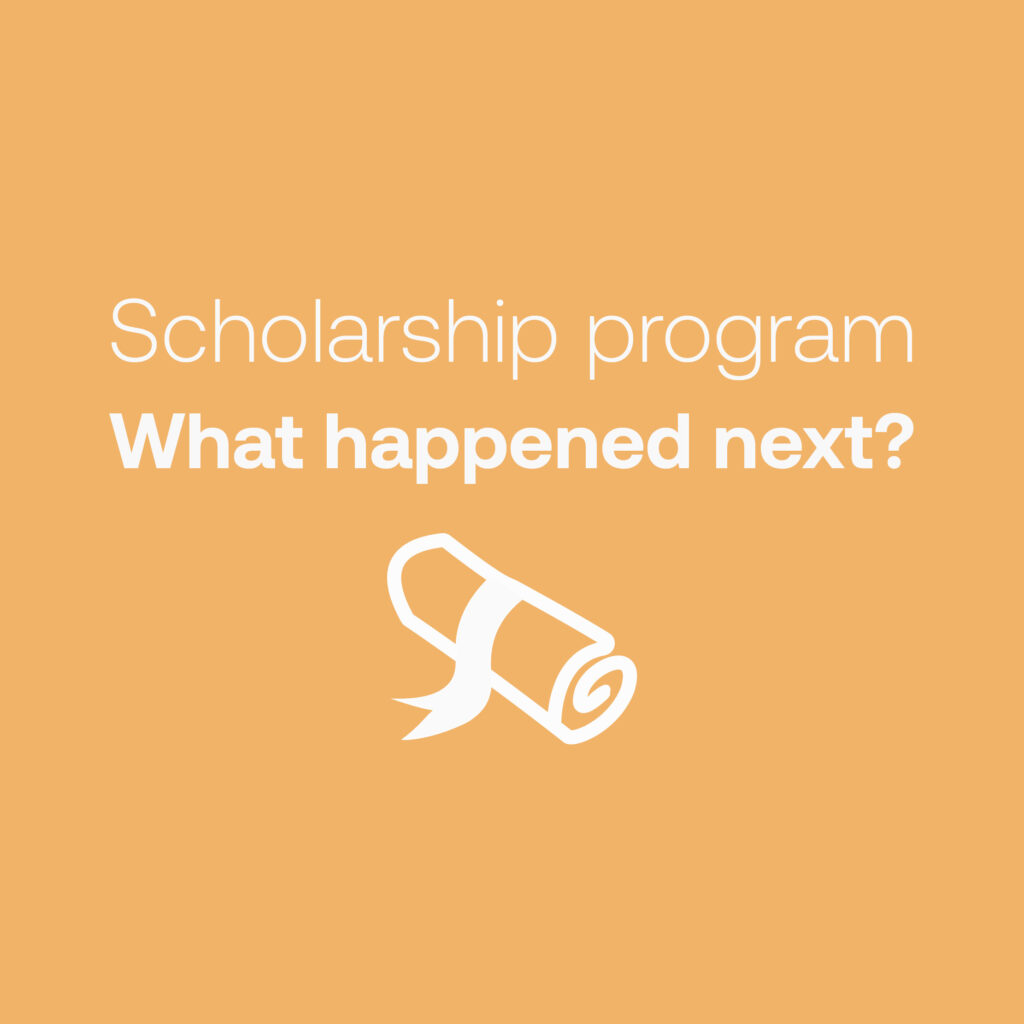
We revisited some of the former scholarship fellows to find out what impact the programme has had on their work and careers.
Baltic Sea Brief 60: The final herring

Council of Ministers ignores Commission proposal The decision taken by the Council of Ministers earlier this week on the 2024 fishing quotas in the Baltic Sea is in many ways unique. It shows a remarkable historical short-sightedness, ignorance of the fish and fishing in the inland sea, inability to understand the scientific advice of the […]
